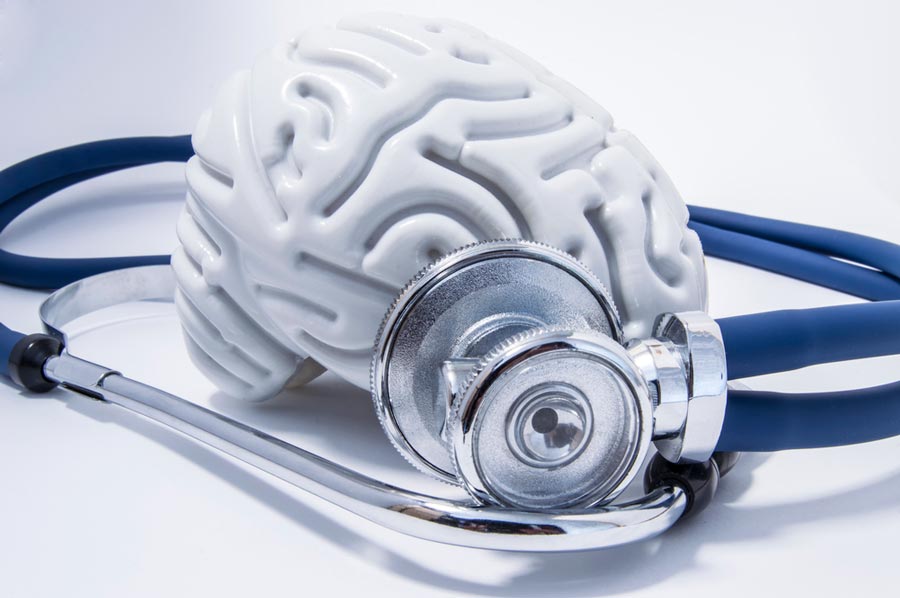Cognitive therapy is one of the useful therapy methods available. It is usually combined with behavioral treatment and can be used to treat many disorders like depression and anxiety to eating disorders and phobias.

Cognitive therapy aims to change the way you think about yourself and the world around to alleviate symptoms of various disorders. People who are depressed, for example, often have a negative way of thinking. In horrible cases, you could suffer from learned helplessness, where you all you do is think about the dangerous situation you’re in, and you believe there is nothing you can do to make it better. You just feel helpless.
This type of therapy can help you pinpoint what it is about your thinking that keeps you depressed and enables you to change it. If you don’t get that raise at work, for example, the way you think can either motivate you to work harder, or it can lead to depression. Tere’s a fine line between constructive self-criticism and complete self-loathing. You can use cognitive therapy to help you think “I’ll do better next time. I should just work harder because good things always come to those who wait” instead of “I didn’t get that raise because I’m a bad employee and I’m stupid. I’ll never move up in the company.”
Negative thinking like that will lead to reduced performance because if you’re so convinced that you are not right, you won’t be motivated to do better and aim for the raise next time. On the other hand, thinking about the situation positively can have the reverse healthier effect.
This is why cognitive therapy puts so much weight on your thoughts and emotions. A lot of people think that your feelings follow excellent or adverse events. But that isn’t necessarily true. Here’s something you can do to understand how the reverse can also be true. Start laughing right now. Even if it’s fake and forced, make yourself laugh. Eventually, the laughter will become natural. You might also think about something you found funny and start laughing even harder. Aren’t you happier now?

Emotions, thoughts, actions, and situations are not always a cause of each other, but instead, they coincide. Your therapist will use this to get you to start thinking positively and taking control of your feelings and actions. When treating an eating disorder, your therapist will challenge you to think differently about food. Similarly, in the treatment of phobias, you can learn to reason about your fear.
Usually, in cognitive therapy, you will meet with several professional time a week to determine if harmful thinking is making you anxious or depressed. Many people set ridiculous, unrealistic goals for themselves and then they are sad when they don’t achieve them.
This therapy is useful because it has long-term effects. Once you have learned the tactics for making yourself happier, you can use them anytime. As opposed to other options, like medication, that are usually only effective while you are undergoing treatment. Cognitive therapy can last anywhere from a few weeks to months. But once you’ve completed treatment, you have that for years and years to come. Your condition might never come back. And if it does, the procedure can serve as just a little reminder.
